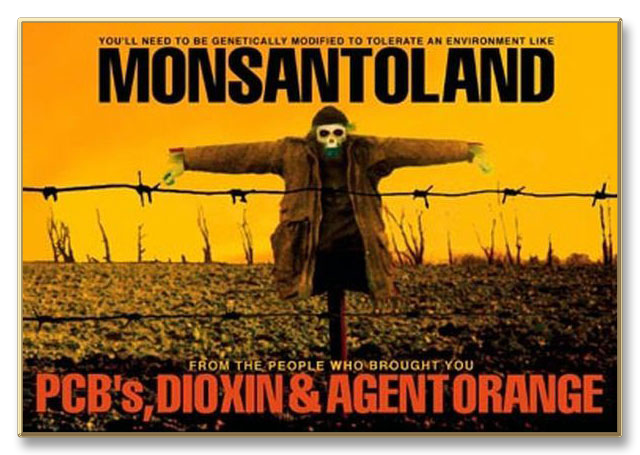General Discussion
Related: Editorials & Other Articles, Issue Forums, Alliance Forums, Region ForumsTrouble in Paradise
There is a whiff of bubblegum scent in the air as I drive toward Waimea Town and past the sprawling, fields of red earth operated by the agri-biotech companies flanking Kauai’s Highway 50. Just before reaching the bridge over Waimea River, which separates the fields from the town, I hang a left and pull into a gravel parking lot. There are only two other vehicles there. Wendell Kabutan and Klayton Kubo are waiting by them. They live in Waimea, on the street closest to the biotech fields, but they didn’t want to meet in public. It has been less than a month since the Kauai County Council passed a measure requiring large agricultural companies to disclose their pesticide use and genetically modified crop locations on Hawaii’s Garden Island. The legislation has been bitterly divisive in Waimea’s hardscrabble but tight-knit community, where many residents work in the company fields. Emotions are still raw and locals are wary of meeting with journalists.
Kubo, a housepainter and single parent in his late forties, has just gotten off work and is still in his paint-splattered shorts, t-shirt, and sunglasses. He points to the field behind us where a few tractors are going to and fro, raising little clouds of dust. “This one is Pioneer’s,” he says. “This week would make it six weeks straight that they’ve been spraying. It’s been 13 years and they are still doing it.” He lets out a sharp, frustrated breath. “Nothing has changed.”
Kabutan, a silver-haired retired Hawaiian Airlines ground-crew worker, says he has been having trouble breathing since the biotech companies started spraying heavy doses of pesticides. Previously the chemicals used to smell acrid, he says. “The first time I smelled it I thought my neighbor’s house was burning down. Now they use a bubblegum scent to cover it up.” Kabutan’s respiratory issues have landed him in the emergency room several times, though the doctors could never figure out what the problem was. Now he runs an air filter in his bedroom to help him sleep. “I nearly died once,” he says. “Had to spend three days in the ICU. But I’ve stopped taking medicines because nothing’s working, not when you are breathing the stuff every day.” In 2011, his wife was diagnosed with breast cancer and had to undergo surgery. “I know it’s linked to atrazine,” he says, referring to a pesticide that is a known endocrine disruptor.
Kabutan starts listing the litany of ailments plaguing other Waimea residents: “My neighbor across from my house has leukemia. Two houses down the road the husband had to go to the emergency room three times because he couldn’t breathe and his three children all have asthma. There are seven confirmed cancer cases just on our side of the road. If you add the other side of the road, the one that goes toward the ocean, it would be nine cases. Almost all the kids have respiratory problems or nose bleeds or rashes.” He pauses and shakes his head. “We are all screwed.”
http://www.earthisland.org/journal/index.php/eij/article/trouble_in_paradise1
<img src=" "
"